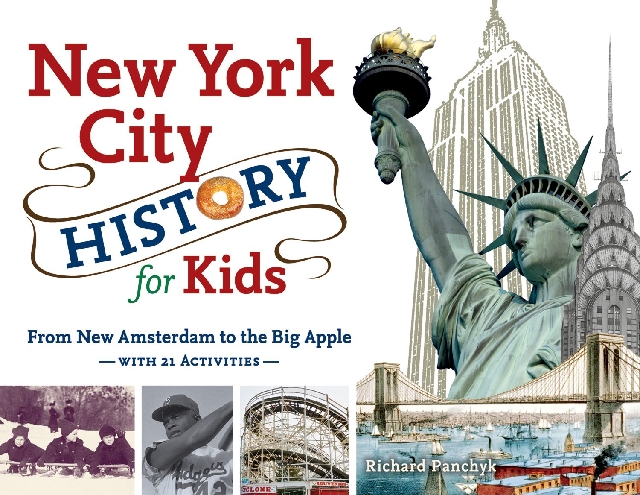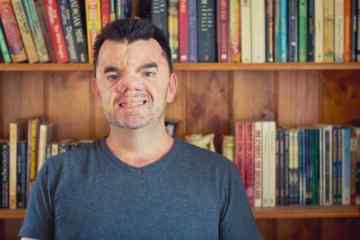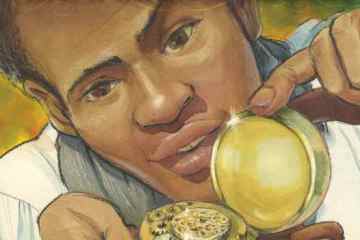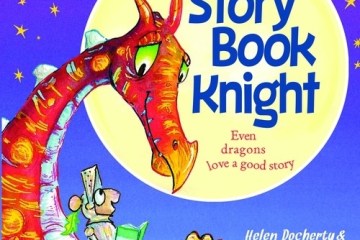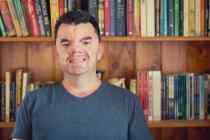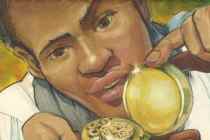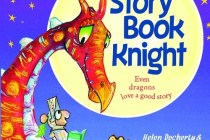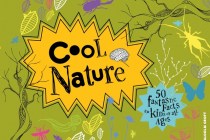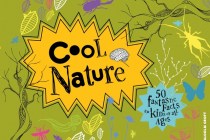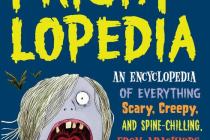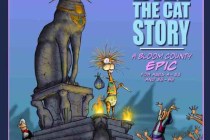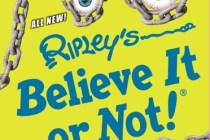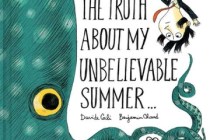Kids can take a bite of Big Apple history in new book
Imagine what the Earth looked like before your house was on it.
You might be thinking dirt and grass. Maybe some weeds and sand, broken pavement or busted-up rocks, some trees, maybe a whole forest. And surely, there would have been a place for wildlife and birds.
Yep, things looked a whole lot different before your neighborhood was created.
Now imagine a whole city before it became a city.
Having trouble? Then you need to read “ New York City History for Kids” by Richard Panchyk.
Long ago, after the glaciers receded, Manhattan Island was a 13-mile-long, “lush paradise” of plants, trees and wildlife. When Native Americans first came there (about 10,000 years ago), they called it Mannahatta, which means “island of many hills.”
Europeans first landed in what would eventually be New York Harbor in 1524, and they quickly started trading with the Native Americans. The Indians were friendly at first, but that didn’t last and several skirmishes broke out. Still, Europeans continued to arrive, and by the early 1600s, there was a permanent settlement on the southern tip of Manhattan that the Dutch called New Amsterdam.
From the beginning, New Amsterdam was a melting pot of people from all over Europe. The population was still very small — small enough that someone led cattle through the streets on their way to pasture each morning — but it grew through wars, revolution, settlement and construction.
Lower Manhattan, for example, was very small when the Dutch first arrived. Through the years, garbage, dirt and landfill increased it in size by 25 percent. Collect Pond was also filled with garbage to make more land to build more homes to offer a place for the city’s immigrant residents. Unfortunately, most of those homes were tenements and in slums, which often led to violence and disease.
Disease, by the way, was why Manhattan’s Greenwich Village grew.
Through the years, New York City has endured crippling fires and it has seen lots of war. It’s hosted World Fairs and museums of oddness. It’s seen corruption and scandal, labor laws, millionaires and America ’s first department store. And yes, The Big Apple was the growing place of what Thomas Jefferson said was America’s “finest” apple.
I (heart) New York , so I really wanted to (heart) “New York City History for Kids.” And I almost did, but there’s one insurmountable problem with it: with its focus on dates and battles, it very strongly reminded me of a high school history book. I halfway expected to see a quiz at the end of each chapter, and that’s no fun.
Also no fun are the “games.” They weren’t very game-like and many of the activities seemed rather sophisticated for this books’ audience (9- to 12-year-olds).
I wouldn’t say “New York City History for Kids” is a bad book. Panchyk is very thorough in his research, but I think it’ll take a special kind of history-loving kid to enjoy it. And without that key condition, I don’t believe this Big Apple book is one your child will want to take a bite of.
View publishes Terri Schlichenmeyer’s reviews of books for teens and children weekly.



